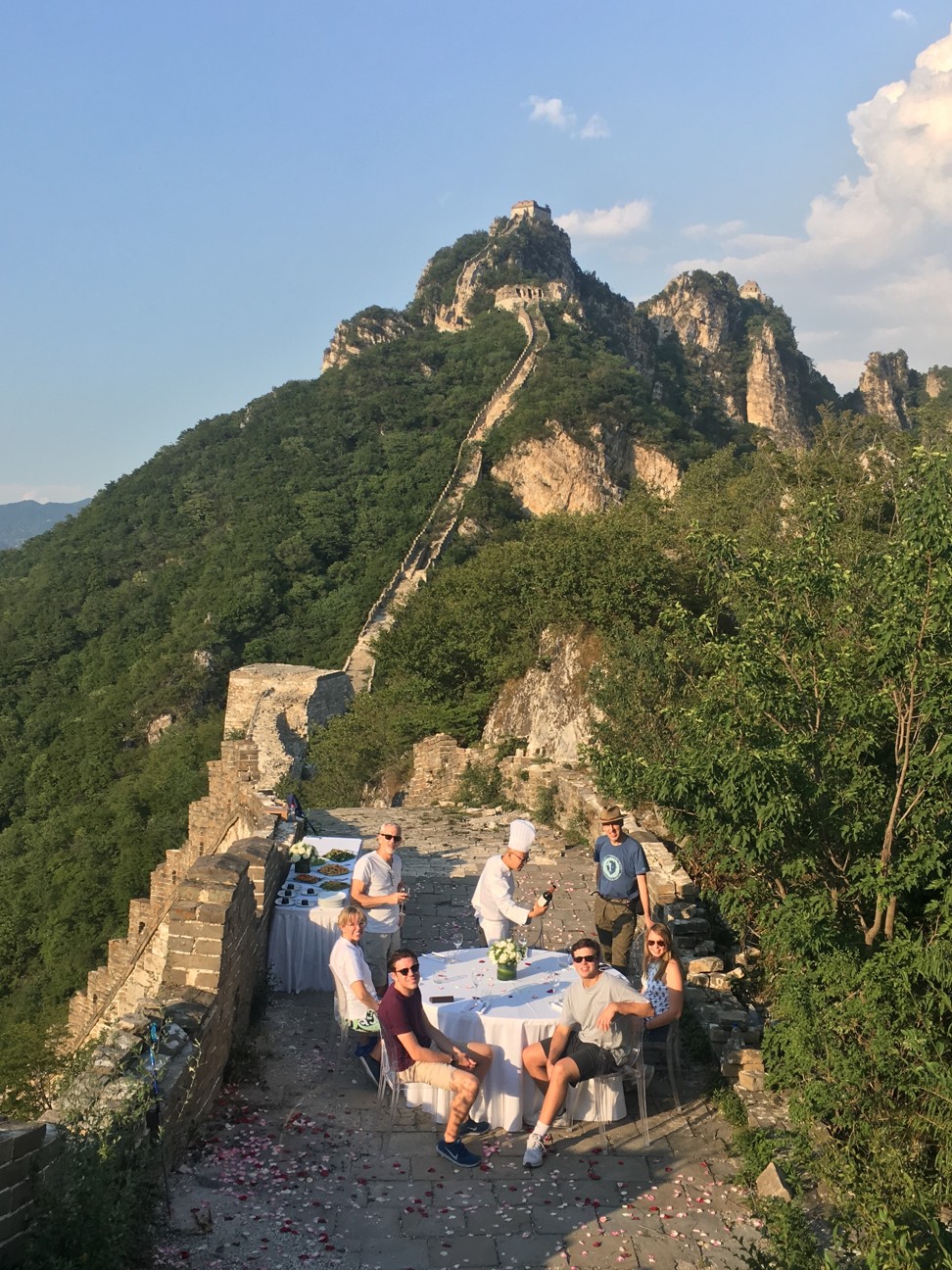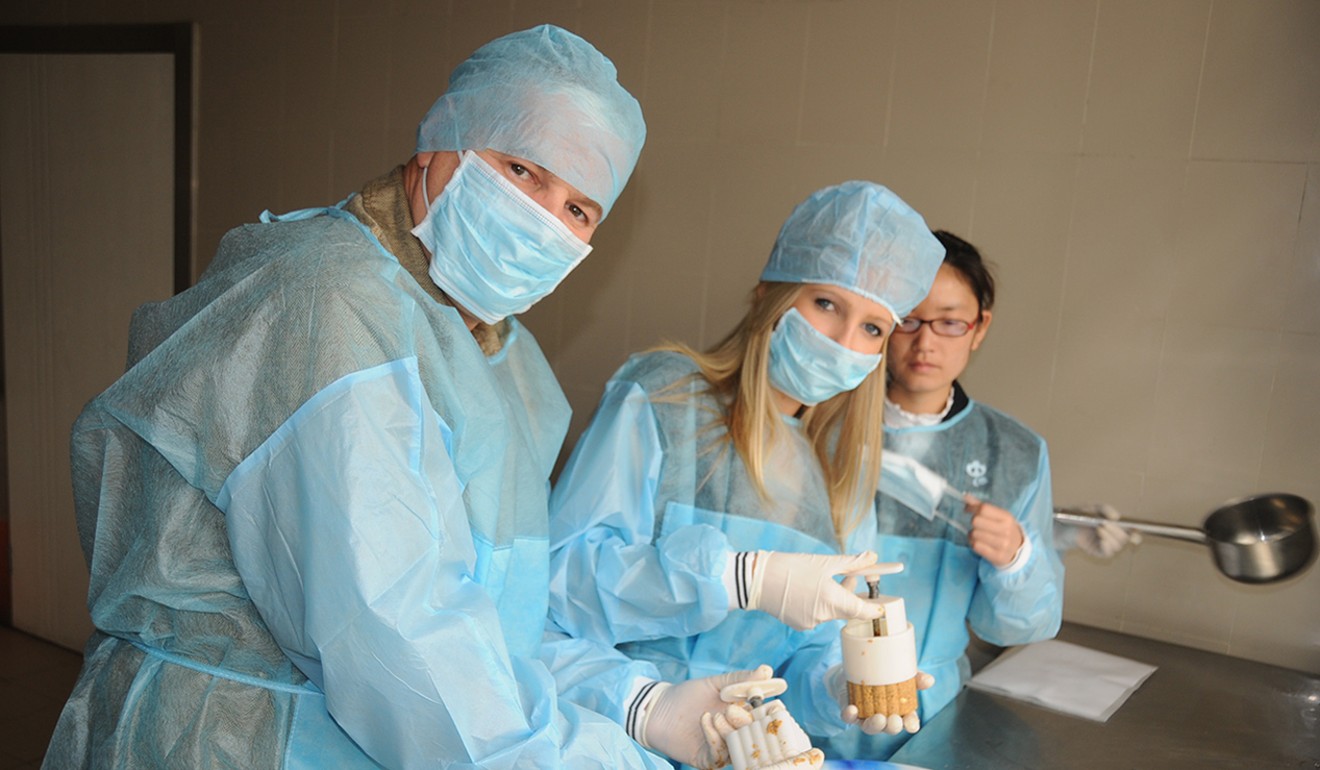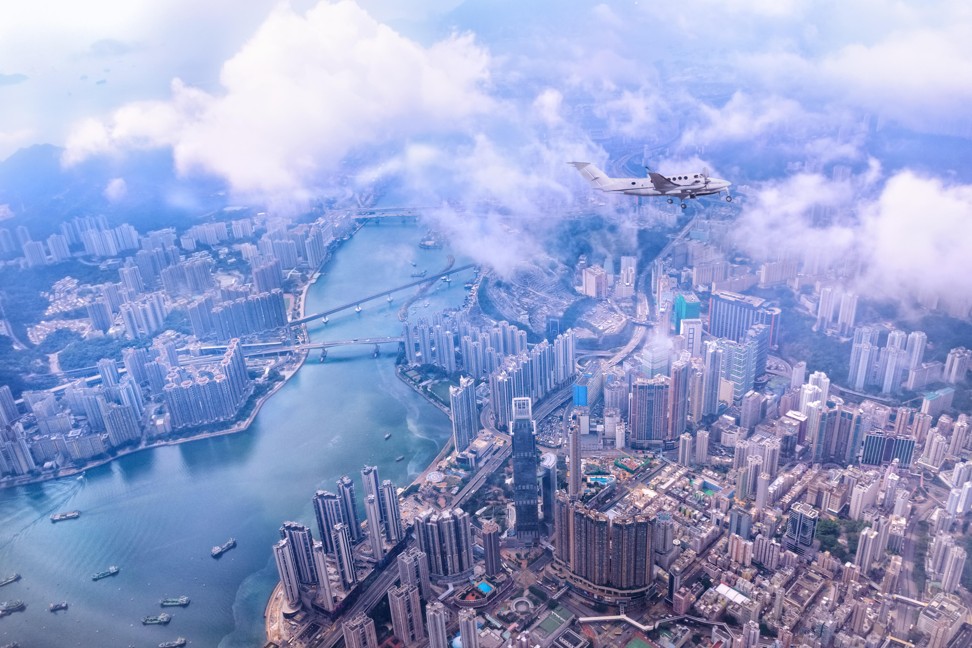
Where Johnny Depp went in China: ultra-luxury holidays for wealthy travellers have taken off
- Some of the world’s finest hotels, a high-speed rail network to rival Japan’s – China has come a long way in a short time and wealthy travellers have noticed
- Specialist agencies tailor itineraries to their clients’ interests, and give them unmatched experiences, but some requests are too much even for these experts

Chinese billionaires travelling abroad are 10 a penny. But equally well-off foreign tourists are travelling in the other direction, and specialised ultra-luxury travel agencies are there to cater to their every whim, whether it's a sit-down dinner on the Great Wall, a private jet transfer or an exclusive kung fu performance.
“A decade ago, going to China as a tourist would have been like going to Tanzania but without the safari,” says Guy Rubin, managing partner of Imperial Tours, which specialises in ultra-luxury tours in China. “People thought, ‘What is there to do in China? Only bad food and cheap hotels’. But there has been a tremendous development and China is now seen as a country that is achieving great things.”
The hype around China is growing and foreign visitors are becoming more confident and curious to see it with their own eyes, says Sarah Keenlyside from Beijing-based Bespoke Travel Company. “It has always been a safe country to travel around, but now it’s a super comfortable one too,” she says.
China is the fourth most visited country in the world, with 60.7 million international tourists per year, according to the United Nations’ 2018 Tourism Highlights Report. It is set to overtake France as the world’s number one tourist destination by 2030, global research company Euromonitor International predicts.

Keenlyside says: “Combine the amazing food and culture that China has always had with a high-speed train network to rival Japan’s, and some of the finest hotels in the world, and you’ve got a great destination.” Travellers are spoilt for choice when it comes to accommodation in Chinese cities. Globally, China was the largest market for luxury hotels in terms of revenue in 2017 with a total global market share of 18.58 per cent, according to a MarketWatch report. Although Bespoke Travel Company has noticed an increased interest, particularly from families, in “authentic” accommodation, such as Airbnb lets in Beijing’s hutongs, the vast majority of international luxury travellers still opt for five-star accommodation.
[Johnny] Depp was particularly impressed by Beijing’s famous 798 Art District, where he got to meet some local musicians
“Guests want to receive one-on-one tailored service and be surprised by the city they’re visiting,” says Ami Tsou, senior communications manager at Beijing hotel The Opposite House. Thanks to the ever-increasing presence of social media, travellers are seeking the picture-perfect luxury lifestyle, she says. “What they eat, where they stay, and what they wear are all photographed and posted. In this digital age it’s about being seen and known.”
Imperial Tours’ itinerary designer, Jaime Orellana, believes the biggest challenge for a luxury travel agency is to figure out how to change visitors’ assumptions about China. “Modern China occupies a somewhat intimidating place in the mindset of the global community, and giving a more nuanced and complete understanding of it is a vital part of what we try to accomplish,” he says.
The company’s clients have included film director Francis Ford Coppola, actress Natalie Portman and investment banker Lloyd Blankfein. Keenlyside, of the Bespoke Travel Company, recalls taking pop singer Katy Perry and actor Johnny Depp around Beijing.
“Perry really engaged with the culture and had lots of fun doing it – from that famous Twitter photo of her doing the splits on the Great Wall to ordering dresses from local designers,” she says. “Depp was particularly impressed by Beijing’s famous 798 Art District, where he got to meet some local musicians.”
Clients of these companies include families with children at bilingual schools in the United States, groups of women who are interested in wellness and shopping, as well as travellers who want to organise private encounters with Chinese economists and businessmen.
“Clients know that China is an economic powerhouse and will continue to play an important role in the global economy and in their future. This is a pretty typical reason for today's intellectually curious travellers,” says Keenlyside.
Itinerary designers at Imperial Tours base their ideas and quotations on a form which clients fill in. This tells the company things like the group’s composition, their past experiences and desired length of the tour – as well as their budget, though this is sometimes unlimited.

Rubin says clients can be surprisingly down-to-earth, and recalls how Prince Al-Waleed bin Talal of Saudi Arabia caught him off guard when he visited. “He got off his private Boeing 747 at Beijing airport and we had lined up 30 high-end black Mercedes for him. But both the prince and his entourage chose to go on the tour bus, so there we were with 30 luxury cars – which are extremely expensive to lease in China due to monopoly issues,” he says.
Based on a client’s requirements, Imperial Tours uses their chosen destinations (the most popular ones being Beijing, Xian and Shanghai) as the skeleton of a trip and then adds anything else the client is interested in – for example, fashion and design, Chinese dance, or contemporary jazz. Some visitors are keen to discover ethnic minorities or go off the beaten track, while others are culture hounds for whom historical sights are a must.
“We also have clients who wish to leave a meaningful mark by doing philanthropic work,” says Rubin.
A decade ago, going to China as a tourist would have been like going to Tanzania but without the safari
When one Imperial Tours client, Lauren Epstein, a meditation teacher, and her husband, a business owner, chose China as a destination for their first holiday in East Asia, it was partly due to their curiosity about its culture but also because of its status as a global economic power.
“There were so many special moments during our trip, but the first one that comes to mind is when we went to a Buddhist temple on the anniversary of my mother’s death. It gave me an opportunity to honour her in a very special way, quite different from what I would have done at home,” Epstein says.
A wide array of possibilities is available to luxury travellers today, but when Imperial Tours was founded in 1999, the Chinese tourism industry was very inflexible and things like an elegant dinner on a private boat inside the Summer Palace were unheard of. In time, however, the Chinese travel industry has grown to tolerate customer-oriented ultra-luxury companies.

Orellana worked for a number of years as a personal concierge, or “China host”, connecting Imperial Tours’ clients with a local guide and driver, and acting as a bridge for the duration of the trip to ensure logistics were flawless.
He recalls often being confronted with last-minute changes and out-of-the-ordinary requests. A client once asked for a polo match to be organised on the Inner Mongolian plains, and an investor in energy technology wished to see a pebble bed nuclear reactor. Although they always try to accommodate even clients’ most outlandish requests, not everything is possible.
“Sometimes all we can do is refer them to the embassies,” says Orellana. “This was the case, for example, when someone requested a meeting with the Chinese prime minister – or when a member of a distinguished royal family went to visit the Chengdu panda breeding base and insisted on bringing home a panda.”